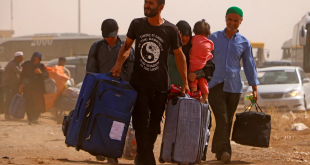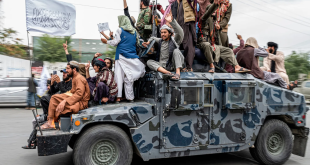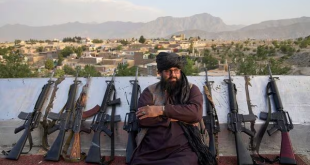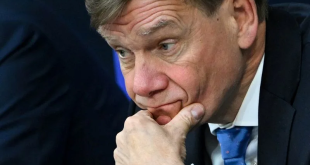With the all-Afghan talks anticipated to kick-off, in the best-case scenario, by the end of July, the required commitments which were supposed to pave the ground for them haven’t been met yet. Of them, the reduction in violence and early release of prisoners are considered to be the sine qua non for intra-Afghan negotiations. However, they aren’t honored yet. On the other hand, the US Special Representative for Afghanistan Reconciliation Ambassador Zalmay Khalilzad has once again embarked on a swing through the region — with scheduled trips to Doha, Islamabad, and Tashkent. His consistent short forays to different countries across the region have slowly begun to wane in influence because there is no tangible result so far. Also, there is no metric to measure if there’s been the required consensus achieved among the regional countries and, most importantly, whether those states which promise support are sincere or are they just engaged in tokenistic commitments. But one distinction with previous trips of his is that this time around, he’s accompanied by International Development Finance Corporation (DFC) CEO Adam Boehler, mainly for the purpose of exploring investment opportunities and partnerships in a range of sectors. Although such efforts to have a futuristic view and to advance the economic recovery of Afghanistan are laudable, there is a need for priority and urgency analysis. The issue that needs to top the agenda nowadays is garnering support for an early launch of intra-Afghan talks. It’s not to say that the Afghan peace isn’t closely tied to economic growth and regional connectivity and those they aren’t mutually supportive but these are things to focus on down the line. For now, making the all-Afghan talks a success should be the topmost priority. This is happening at a time when spoilers are trying their best to sabotage the peace process. A recent disturbing report by the New York Times has revealed that a Russian military unit had offered bounties to Taliban militants for killing American troops. This is a worrisome issue because it poses a direct threat to the peace process. Therefore, rather than looking at distant plans of economic growth at the expense of current, urgent issues, Khalilzad should focus more on resolving such hurdles to the peace process, as well as on taking up the necessary steps that would ultimately facilitate such plans of economic growth in post-peace period. Therefore, the US point-man is well-advised to revisit his ongoing strategy and make the best out of his forays, which are seemingly starting to be of no worth anymore.
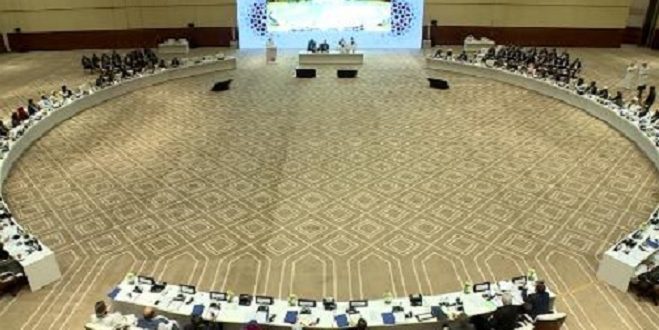
 Afghanistan Times
Afghanistan Times
